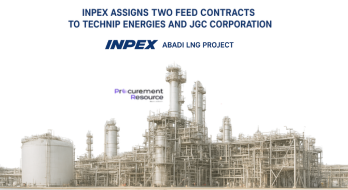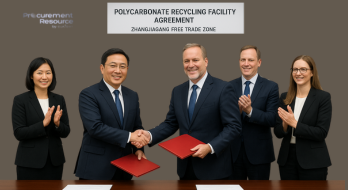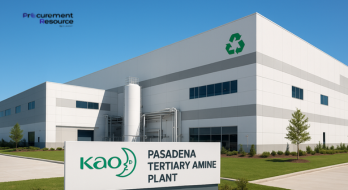DGFT extends the export obligation period under the Quality Control Orders to 18 months for the chemical sector

- The chemical industry has welcomed a key DGFT policy, issued on September 2, 2025, that extends the export obligation period.
- The deadline for exporters to meet their commitments under the Advance Authorization scheme has been increased from 6 months to 18 months.
- The move provides crucial flexibility, simplifies trade processes, and enhances the global competitiveness of Indian chemical products.
- The policy supports a vital sector that contributed USD 46.4 billion, or 10.6% of the country's total export value, in the 2024-25 financial year.
The chemical industry has welcomed a pivotal decision from the Directorate General of Foreign Trade, which was officially released on September 2, 2025. This notification, issued on the advice of the Department of Chemicals and Petrochemicals, extends the export obligation period under the Advance Authorization scheme for goods covered by mandatory Quality Control Orders from six months to eighteen months.
A recent policy update from the Directorate General of Foreign Trade has been met with widespread approval from the chemical sector. Issued on May 28, 2025, as Notification No. 28, the decision extends the export obligation period for Advance Authorizations related to products under mandatory Quality Control Orders from six months to eighteen months. This adjustment, initiated by the Department of Chemicals and Petrochemicals, provides a significantly longer timeframe for exporters to fulfil their commitments.
The Quality Control Orders (QCOs) referenced in this pivotal DGFT notification are regulatory mandates, previously issued by the government on the advice of the Department of Chemicals and Petrochemicals, that make it compulsory for specific chemical products to conform to designated Indian Standards and obtain certification from the Bureau of Indian Standards (BIS) before they can be imported, manufactured, or, crucially for this context—exported. It was the procedural timeline of complying with these very QCOs, which involves sampling, testing, and certification, that created a conflict with the scheme's former six-month export obligation period, making this extension to eighteen months an essential reform to support exporters.
This change brings the policy for chemical exports in line with similar extensions already granted to sectors like textiles. The added flexibility is a crucial form of support for exporters across the country, simplifying international trade procedures and enhancing the competitiveness of Indian products in the global marketplace. The Advance Authorization Scheme is a vital tool that permits the duty-free import of raw materials required for manufacturing export goods, and a large portion of these authorizations are utilized by the chemical industry.
The chemical and petrochemical industry demonstrated its substantial role by contributing USD 46.4 Billion to India's total export value in the 2024-25 financial year, accounting for 10.6 percent of all exports. This strategic move is designed to alleviate cost pressures, ensure a reliable supply of necessary materials, and strengthen the international standing of Indian chemical manufacturers. The coordinated effort by the Department of Chemicals and Petrochemicals and the DGFT reflects a proactive and strategic approach to fostering economic growth.



